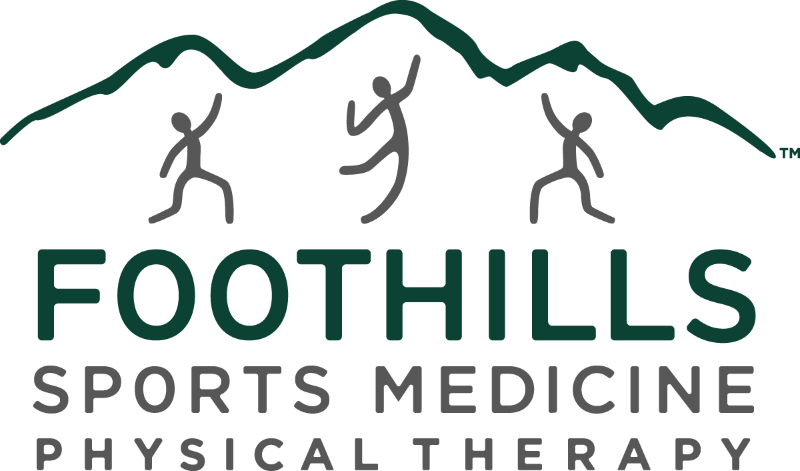Tempe physical therapy expert Melanie McDonald, PT, MPT, is here to give us information on dizziness and how this complaint can be fixed with the proper care.
In my career, I have worked with patients being treated for an orthopedic complaint, and they must sit for a period because of the onset of dizziness.
Occasionally, this lightheadedness occurs as a result of rising too quickly, and is accompanied by a drop in blood pressure. Sometimes the symptoms dissipate quickly, whereas other patients need more time to recover. In these cases, most of our session is spent waiting for the patient’s symptoms to go away. This can be frustrating, but fortunately, this is something that can be remedied.
For certain physical therapy patients, the complaint of dizziness may be a result of a recent orthopedic surgery. In these cases, they say the room is spinning when they look up, roll in bed, or feel dizzy out of the blue. Dizziness among patients also happens frequently with seniors, but physicians often tell them the lightheadedness is a sign of age. As a licensed physical therapist, it is difficult to see this problem recurring after multiple trips to the Emergency Room where patients are given Meclizine (a drug that prevents and controls dizziness, nausea and vomiting caused by motion sickness or vertigo) and no further instructions or follow up treatment. For some, Meclizine can help, but for others, it can actually make the problem worse. While this temporary solution may work for some, it’s doesn’t address the issue at hand.
Some physical therapy experts and physicians have received valuable training in balance and vestibular disorders. Problems with dizziness and balance can come from a myriad of sources. One of the first steps is to rule out the possibility of a central nervous system problem including a stroke, tumor, MS, or Parkinson’s disease, to name a few potential issues.
After having these potential causes ruled out, experts would look at a few other factors. In the absence of a brain or circulatory issue, a physical therapist very often can locate the area of problem. Some common issues are: positional vertigo, an activity problem of the nerve coming from the inner ear, a cervical spine issue, or even a lack of sensation coming from the feet.
In our senior population, we often run into balance issues coming from neuropathy. While we can’t fix this, we can improve strength and safety by training other parts of the body to sense the imbalance and make corrections. Additionally, a leading cause of dizziness and imbalance for seniors is being overmedicated. High blood pressure medication is often a source of lightheadedness upon arising because blood pressure is too low. It is beneficial to consult with a doctor to verify that the patient is receiving the correct dosage and to discuss any potential drug interactions.
Seniors are the most susceptible to problems with positional vertigo. Benign Paroxysmal Positional Vertigo (BPPV) is a very common diagnosis. In (BPPV), crystals are inadvertently dropped into another part of the ear. The inner ear contains canals filled with fluid, and they work like a carpenter’s level; if the bubble is in the same place on both sides of the head, then things are balanced. If crystals drop into the wrong ear canal, it makes that canal heavier, and the bubble won’t be in the right place, resulting in vertigo. A trained physical therapist can determine which canal the crystals have fallen in and can remove them, often in just a visit or two.
A similar situation can occur when a virus interrupts the activity of the nerve coming from the ear’s balance systems. If the brain can’t communicate with the nerve messages from the ear, it tries to correct itself, causing spinning sensations. If a patient is recovering from a bad sinus infection or head cold, steroids would be the treatment of choice to combat vertigo problems. Always be sure to check with a doctor to find out if this treatment is appropriate.
While actual injury to the nerve cannot be corrected, one of the wonderful things about the human body, particularly the vestibular system, is its ability to compensate for another area that is not working well. With retraining, one can correct for this imbalance. It takes work, but it can be done!
In short, vertigo or dizziness is not something that a patient needs to deal with. It can be corrected or managed.
If you or someone you know is experiencing chronic dizziness or vertigo, contact one of our trained professionals and request an appointment today! To learn more about Foothills Sports Medicine Physical Therapy and our certified Tempe physical therapy experts, check out the Foothills blog.



